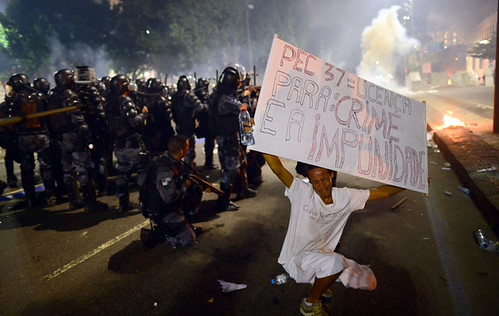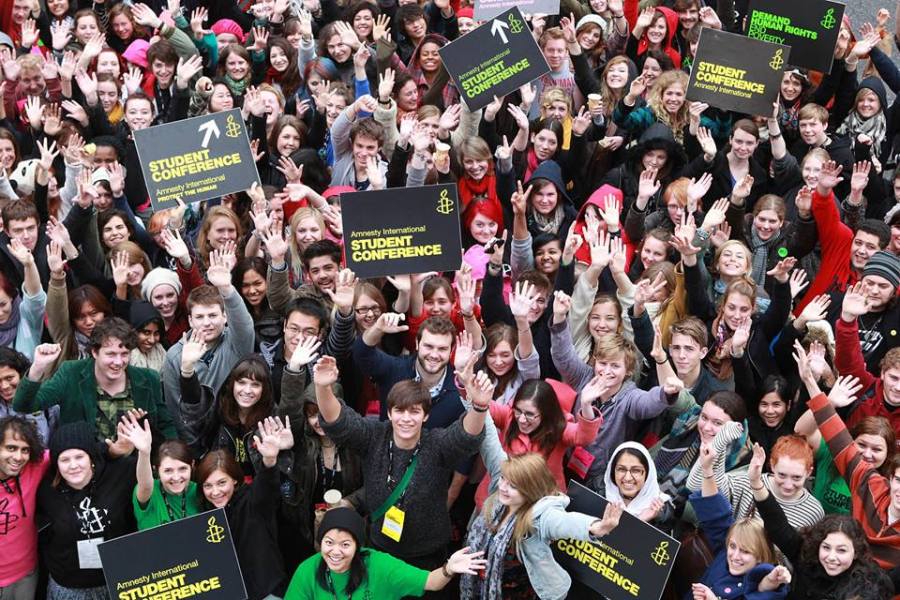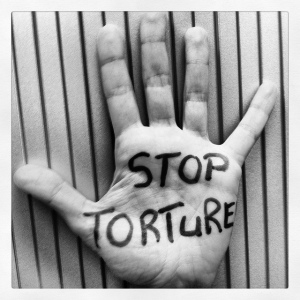The term “Lost Generation” is one usually associated with war. We here in the United Kingdom often use this phrase when referring to those who died in the First World War. In Australia they use the idiom “Stolen Generation”, yet you would be surprised to learn that it does not apply to those lost in war. Neither does it apply to those who died due to disease, genocide, accident or ignorance. In Australia, “Stolen Generation” is used to Aboriginal children who were forcibly removed from their families by Federal and State government, due to fears of racial mixing.
The “Stolen Generation” is just one facet of a long history of state brutality on the part of the Australian government against its Aboriginal population. Indeed, whilst many nations have sad histories when it comes to the treatment of an indigenous people (the United States, Canada and South Africa should come to mind), Australia’s is arguably the worst.
Today, Aboriginal Australian’s make up 3% of the nation’s population (a June 2011 census put the number of Aboriginals at 669,900). No doubt their population would be higher, were it not for the brutal handling that many Aboriginals have had to put up with at behest of their Governments. The evidence of the past few years demonstrates that the treatment of Aboriginal Australians can at best be described as woefully neglectful.
2014 has not been a year that will be fondly remembered by any who would consider themselves concerned with Aboriginal, or even human, rights. In early November, plans were announced by the West Australian Government to close down 100 remote communities, and have those who inhabit the land relocated. The reason? The communities are not “viable” according to Western Australian Premier Colin Barrett. Barrett also cited “the abuse and neglect of young children” as well as various health issues, poor education and lack of jobs. Yet rather than direct money at the problem, Barrett instead chose to close down their health clinic, police station, school shop and turn off the regions power and water supplies. Sadly, this mistreatment was not an isolated occurrence.
In 2009, the UN accused Australia of breeched human rights and being guilty of “entrenched racism” towards its aboriginal minority. In 2011 the people of Oombulgurri were forced to leave their homes after the State Government closed their community down for many of the same reasons cited by Colin Barrett. The case has received widespread attention, and has been accused of breaking international law by Amnesty International. In 2012, a co-ordinator involved in Aboriginal services was sacked after she revealed that A$80m (£44m) was spent on the surveillance and removal of Aboriginal children compared with only A$500,000 (£275,000) that was spent on improving impoverished lives. Finally in October of this year a 22-year-old women known only as Ms. Dhu died after she was locked up for failing to pay A$1,000 (£536) in parking fines
All of the above accounts occurred after February 13, 2008. The significance of this date? It was the day Australian Prime Minister Kevin Rudd formally apologised for the treatment of Aboriginals in a 24 minute speech that received a standing ovation in the Australian Parliament.
The Merriam-Webster English Dictionary defines brutality as ‘a brutal act or course of action.’ The treatment of the Aboriginal people in Australia certainly matches this description, albeit on a more subtle level. The lesson that should be learned from this story is that State Brutality does not always come at the receiving end of a police baton or a soldier’s gun. Sometimes, it comes merely from a lack of empathy or compassion.
By Jonathan Harty
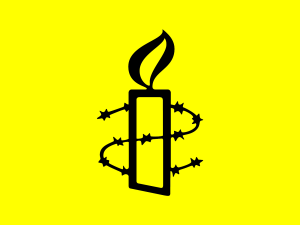
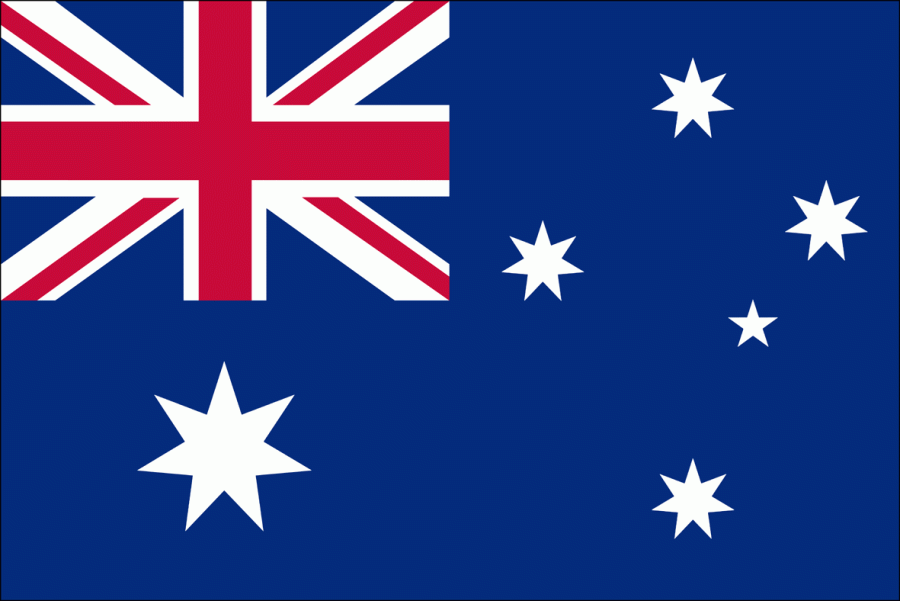
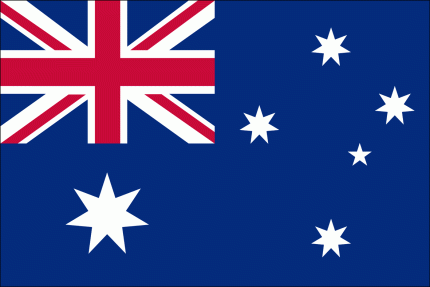
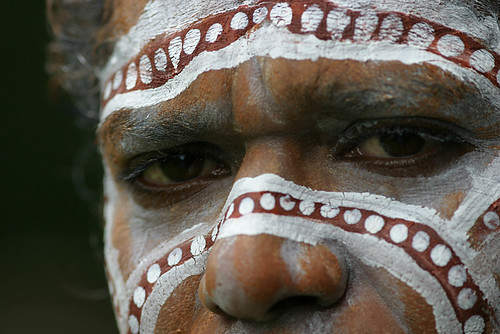


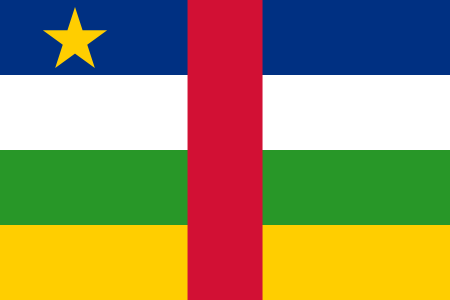
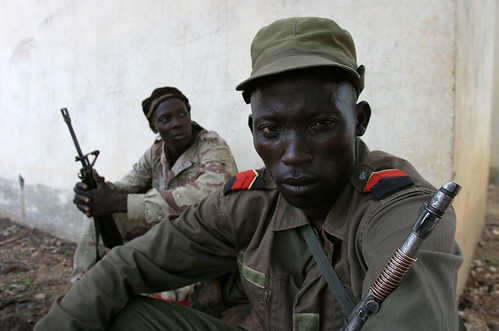
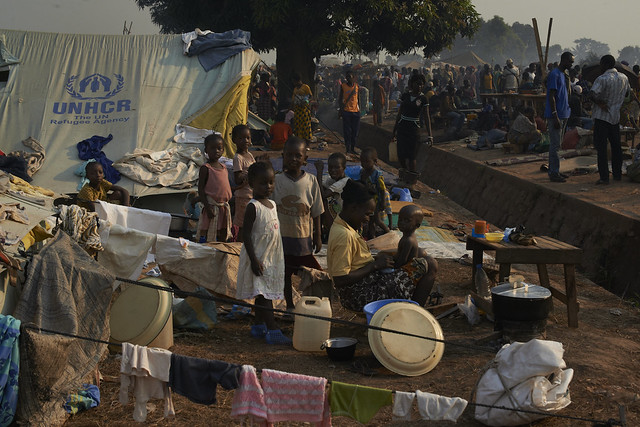

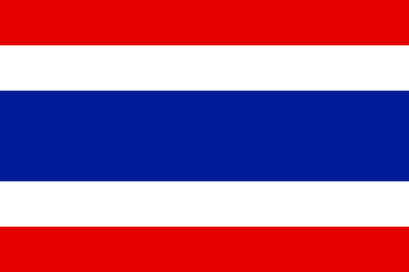
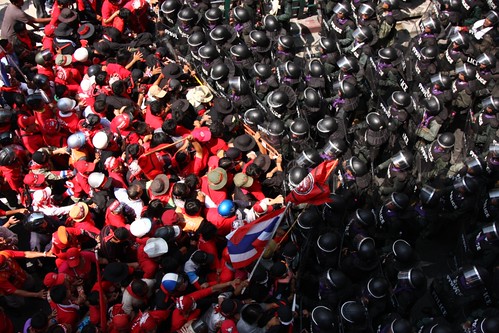
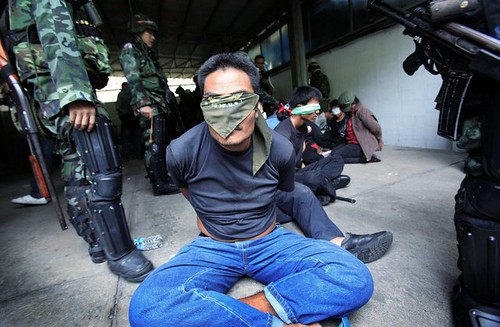

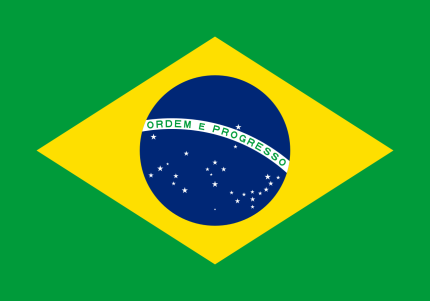
![3º Protesto R$3,20 [1]](https://farm8.staticflickr.com/7368/9030757146_3b8ff24ab5.jpg)
